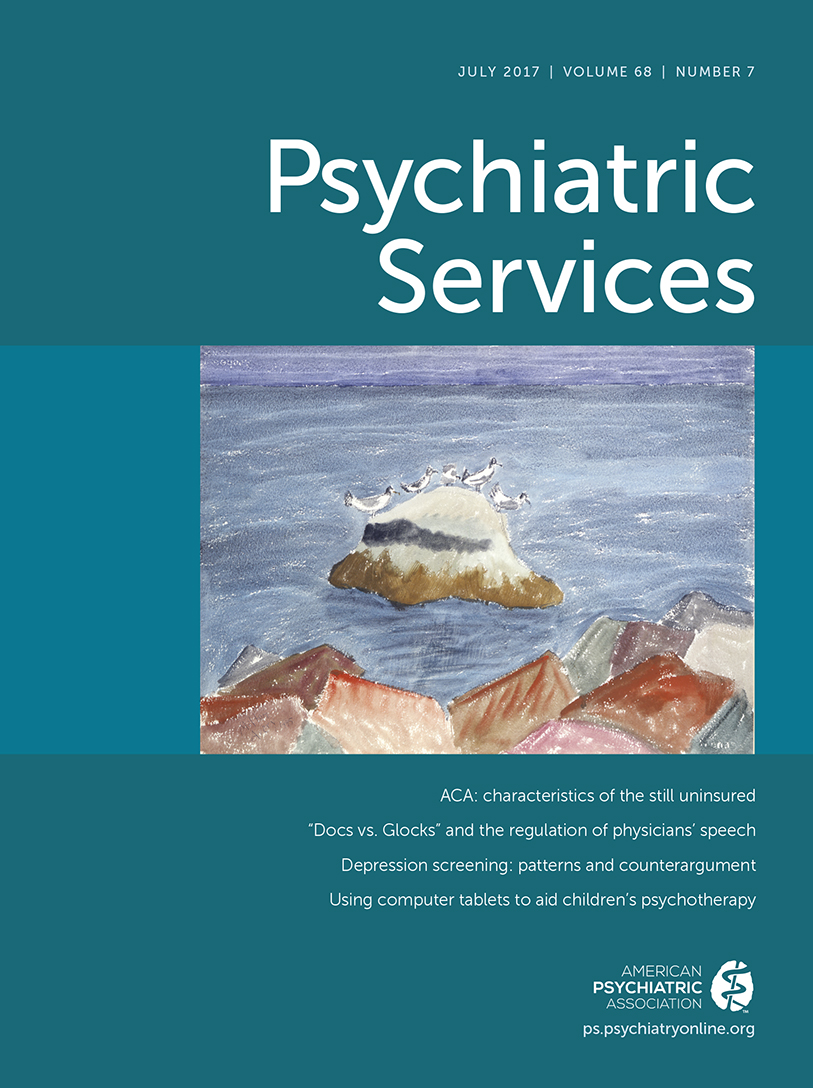Mechanism of Action for Obtaining Job Offers With Virtual Reality Job Interview Training
Abstract
Objective:
Four randomized controlled trials revealed that virtual-reality job interview training (VR-JIT) improved interviewing skills and the odds of obtaining a job offer among trainees with severe mental illness or autism spectrum disorder. This study assessed whether postintervention interviewing skills mediated the relationship between completion of virtual interviews and receiving job offers by six-month follow-up.
Methods:
VR-JIT trainees (N=79) completed pre- and posttest mock interviews and a brief survey approximately six months later to assess whether they received a job offer.
Results:
As hypothesized, analyses indicated that the number of completed virtual interviews predicted greater posttest interviewing skills (β=.20, 95% posterior credible interval [PCI]=.08–.33), which in turn predicted trainees’ obtaining a job offer (β=.28, 95% PCI=.01–.53).
Conclusions:
VR-JIT may provide a mechanism of action that helps trainees with various psychiatric diagnoses obtain job offers in the community. Future research can evaluate the community-based effectiveness of this novel intervention.



